Russia Grapples with Skyrocketing Inflation Amid Economic Challenges
November 19, 2024 at 5:30 PM
1 minute read
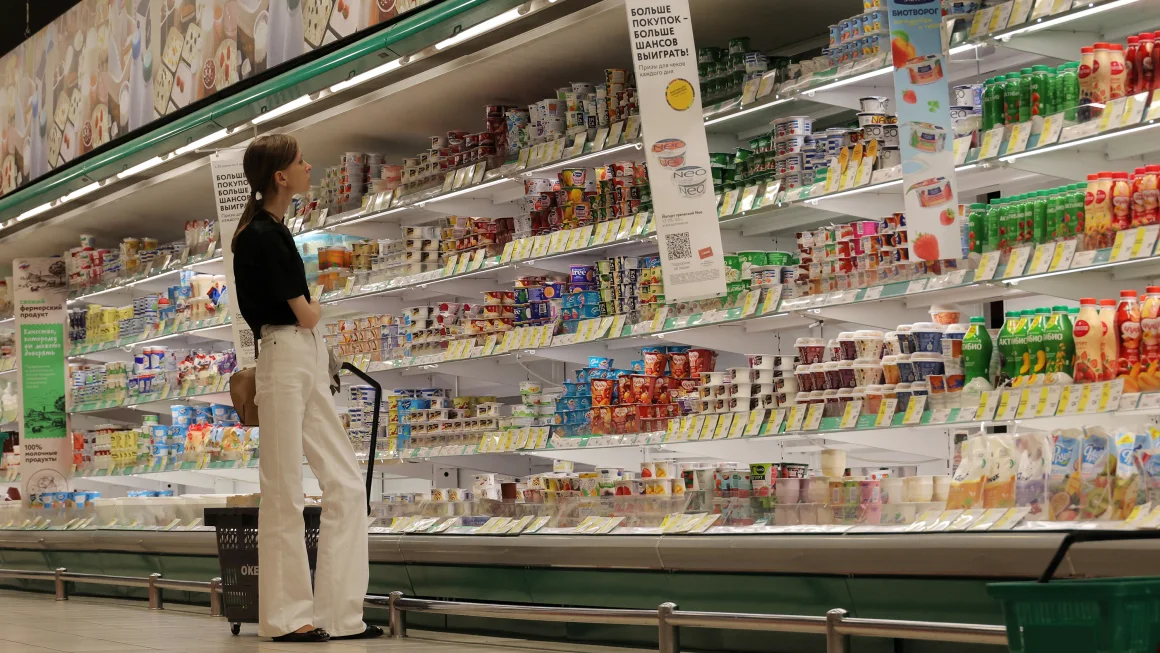
Russia is facing a sharp spike in inflation, with consumer prices climbing to levels unseen in recent years, raising concerns about the nation’s economic stability. Analysts point to the combined effects of international sanctions, a weakened ruble, and ongoing geopolitical tensions as significant contributors to the economic turmoil.
The latest data from Russia’s central bank indicates inflation has surged to an annual rate of over 14%, hitting households hard as the cost of essentials like food, energy, and housing continues to soar. Bread, vegetables, and meat have seen double-digit price increases, with some families struggling to afford basic necessities.
Sanctions imposed by Western nations following Russia's invasion of Ukraine have heavily restricted access to international markets, further straining the economy. Additionally, the ruble’s devaluation has led to increased import costs, compounding inflationary pressures. The central bank’s attempts to curb inflation through aggressive interest rate hikes have yet to yield significant results.
"This inflation is unlike anything we’ve seen in recent memory," said a Moscow-based economist. "The average Russian is feeling the pain in their wallet every single day, whether it’s at the grocery store, the gas station, or paying their utility bills."
The ongoing war in Ukraine continues to weigh heavily on the country’s finances, with military spending diverting resources away from essential economic recovery efforts. Despite government assurances of resilience, many businesses report declining revenues, with small enterprises especially vulnerable to the current economic climate.
The Russian government has sought to alleviate some of the strain by implementing price controls on essential goods and expanding social welfare programs. However, these measures have been criticized for being insufficient and unsustainable. Critics argue that without addressing the root causes of inflation, such as supply chain disruptions and fiscal imbalances, the crisis will persist.
International analysts are closely monitoring the situation, noting that prolonged inflation could further destabilize the Russian economy and erode public confidence in the government. "Inflation isn’t just an economic issue; it’s a political one," said a global affairs expert. "If the government can’t manage this crisis effectively, it could face growing domestic discontent."
As inflation continues to rise, many Russians are bracing for a difficult winter. Energy costs, in particular, are expected to spike as colder months approach, placing additional pressure on households already struggling to make ends meet.
The Kremlin remains defiant, with officials blaming Western sanctions for much of the economic hardship. However, economists argue that internal policies and mismanagement have also played a significant role in Russia’s current inflation crisis. The path forward, they say, will require a delicate balance of economic reforms and diplomatic maneuvering—an increasingly challenging task in the current geopolitical landscape.
Up next
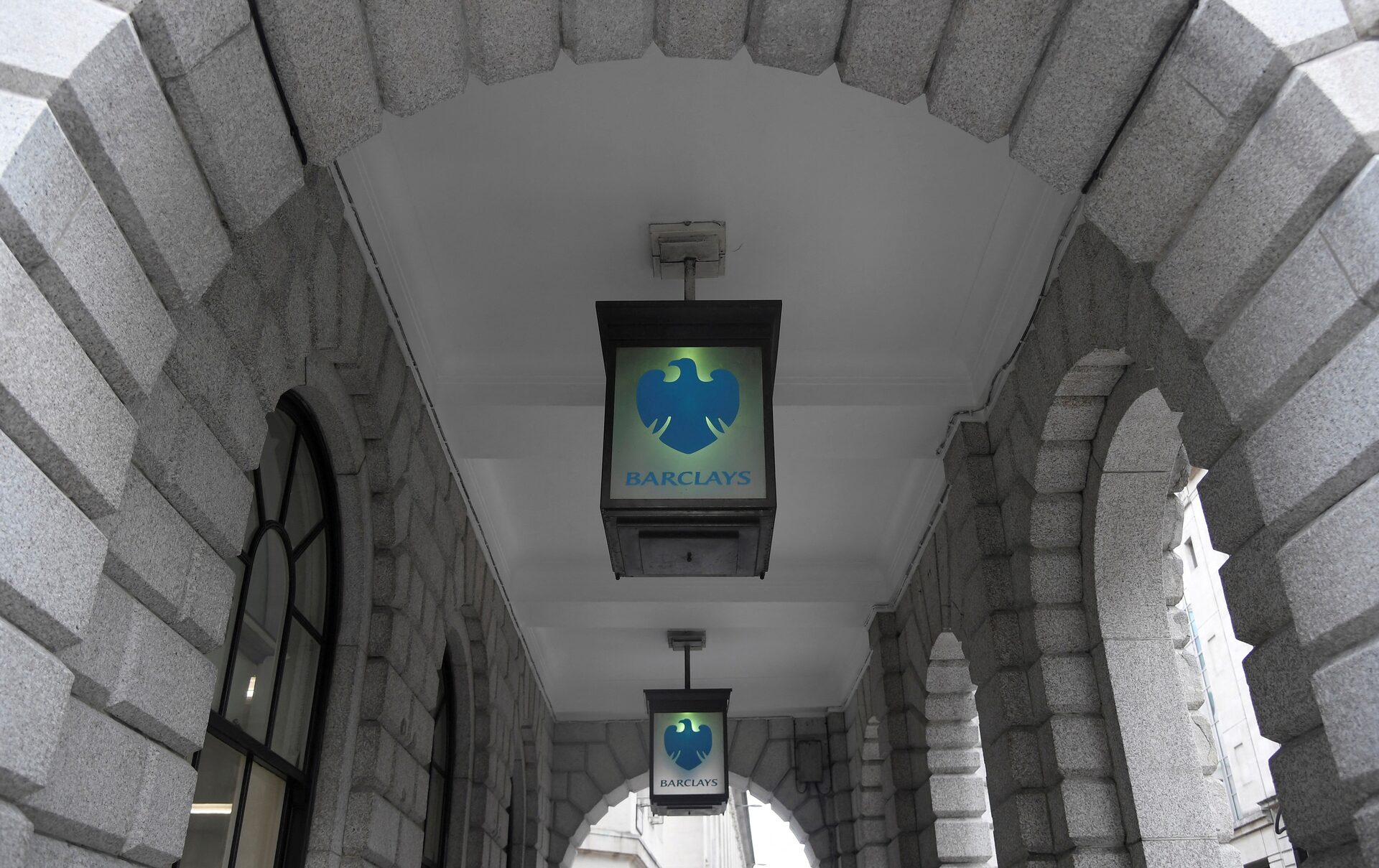
Barclays Reshuffles APAC Investment Banking Leadership to Boost Regional Presence
July 3, 2025
3 minutes read
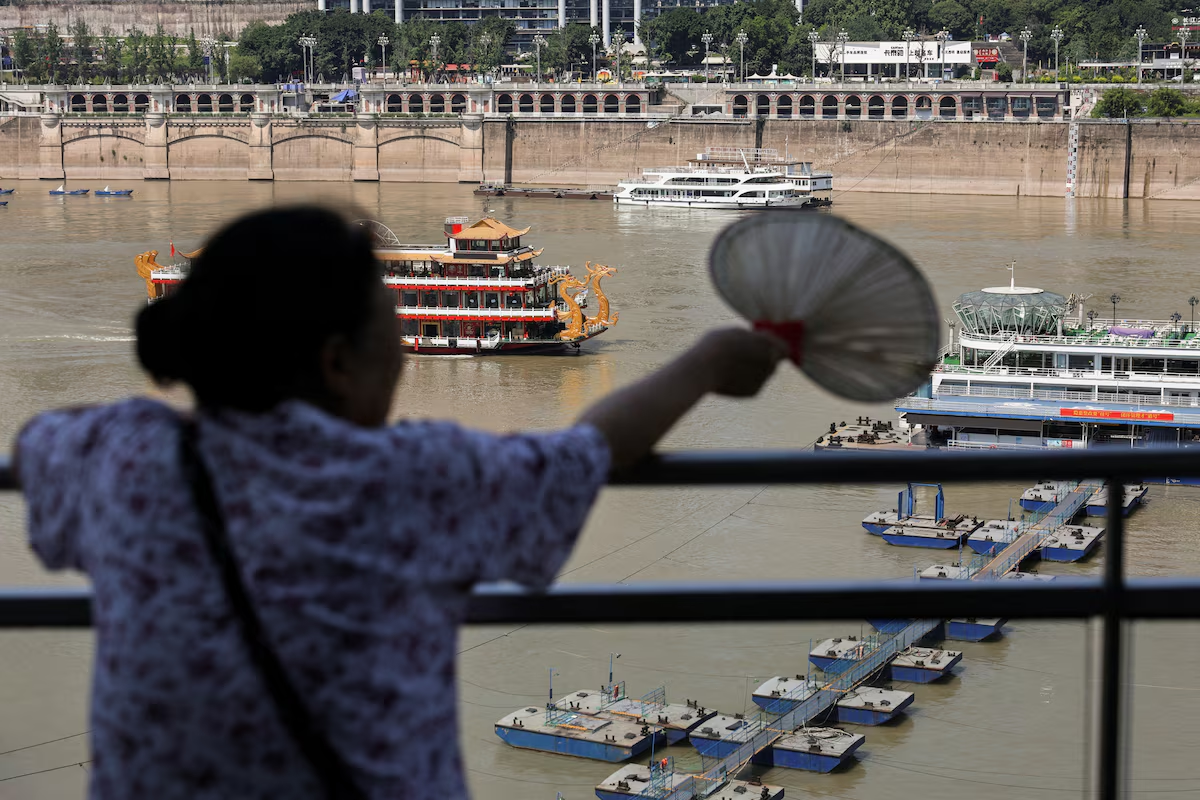

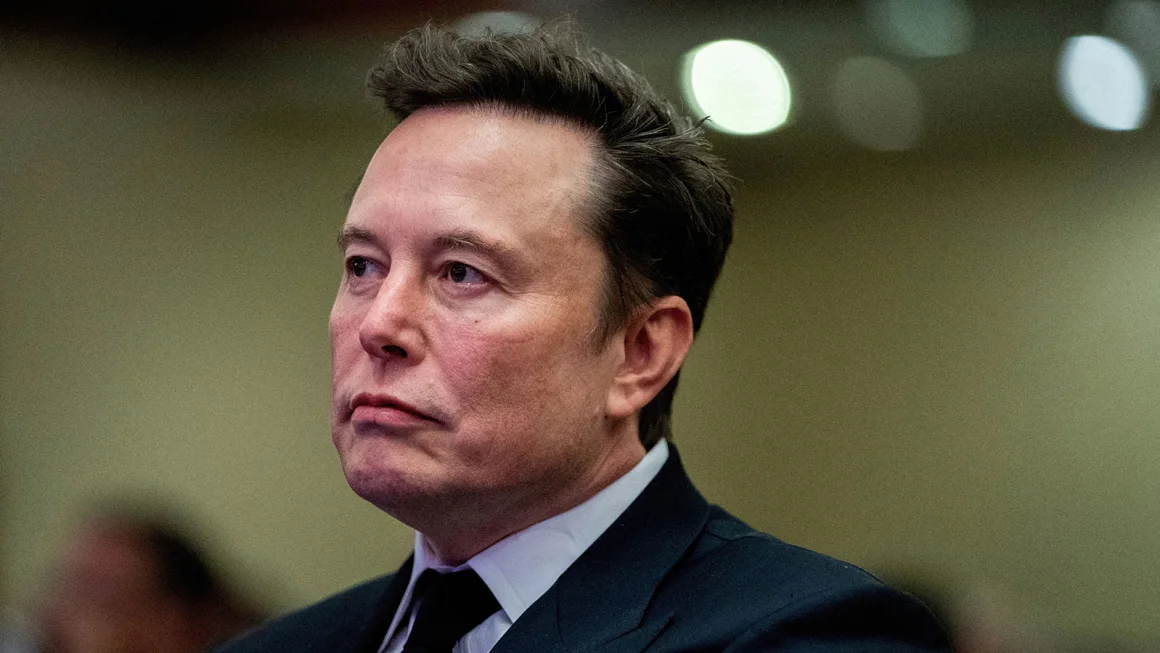
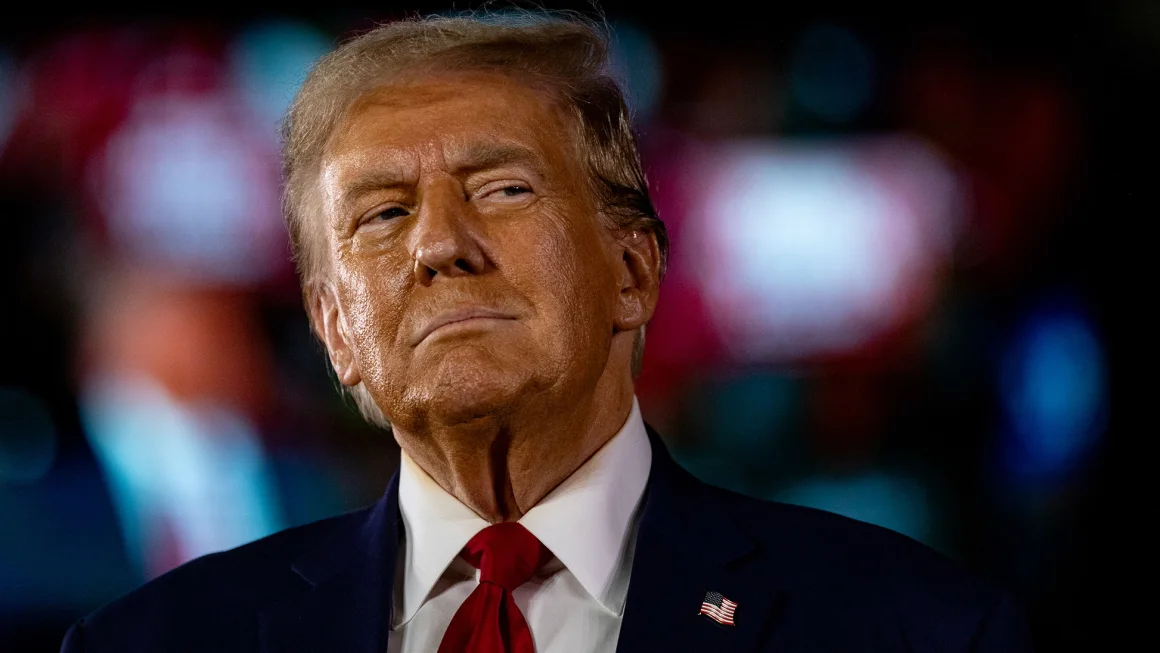

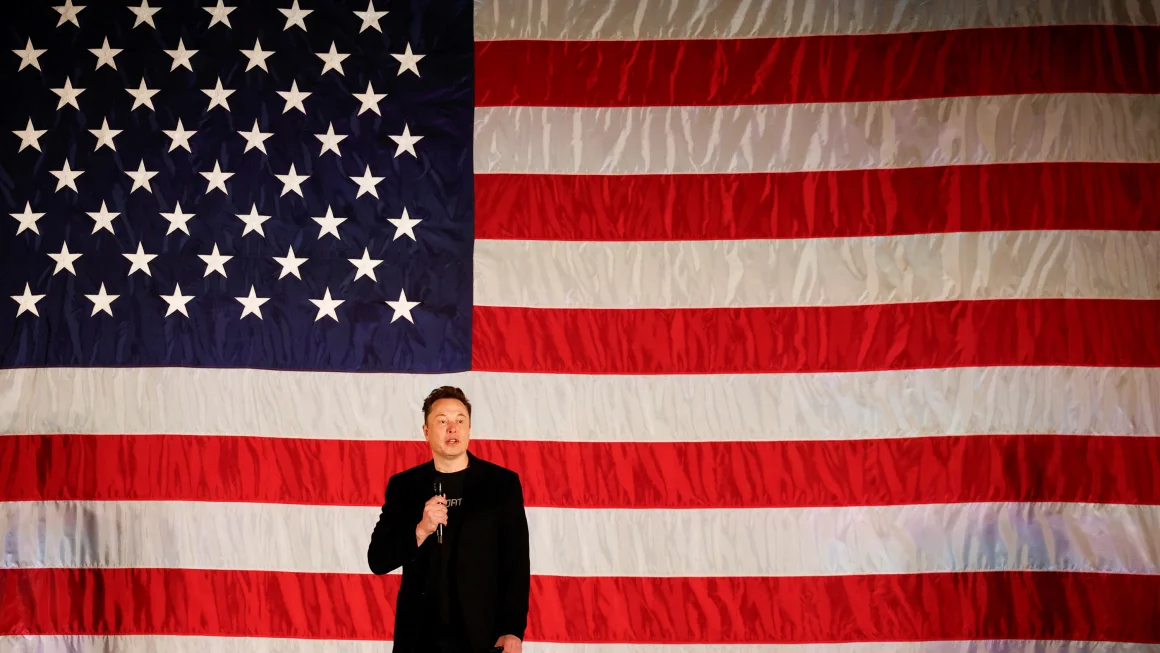
Elon Musk Faces Backlash Over Comments Targeting Government Employees
November 27, 2024
2 minutes read
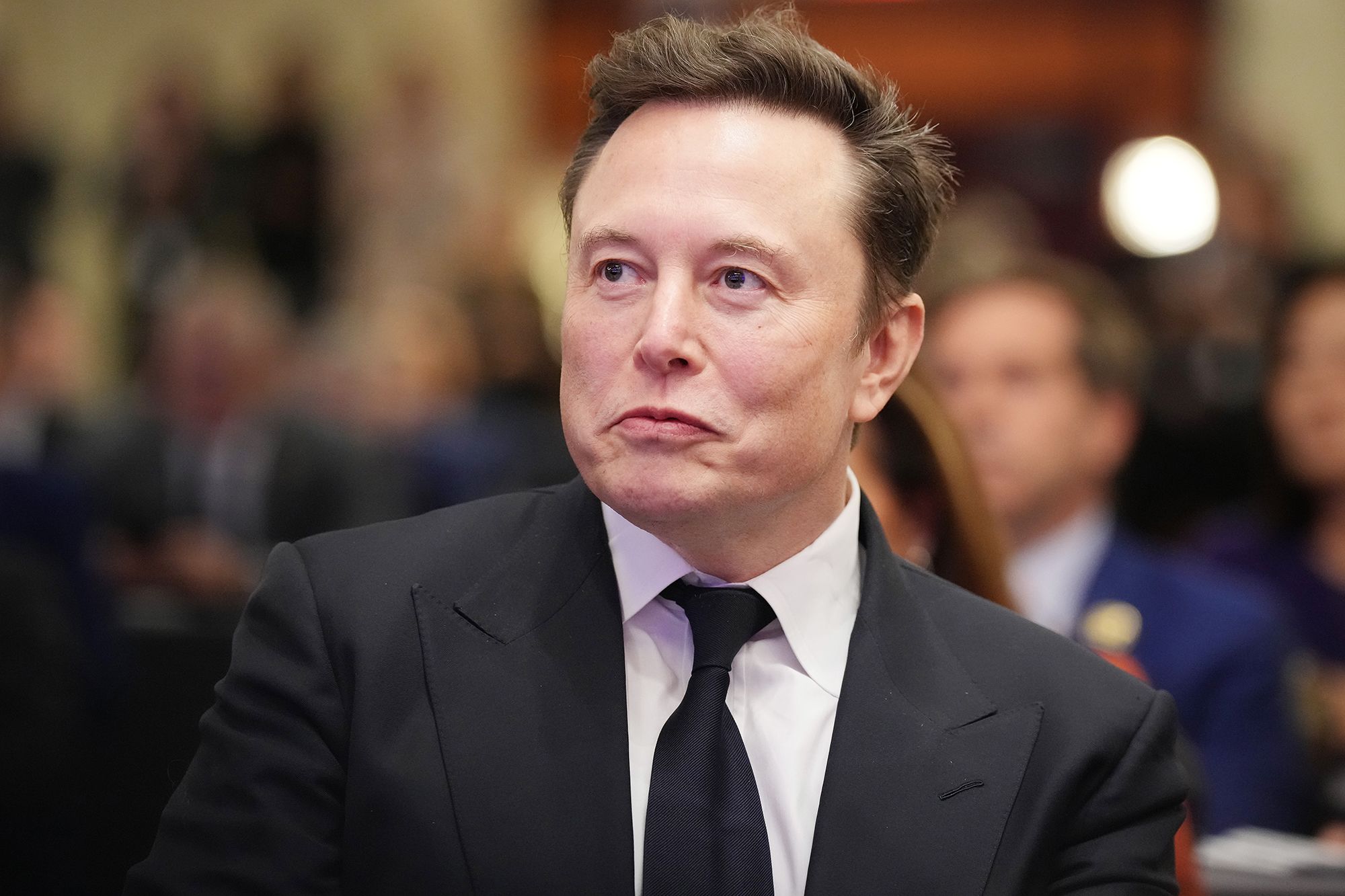
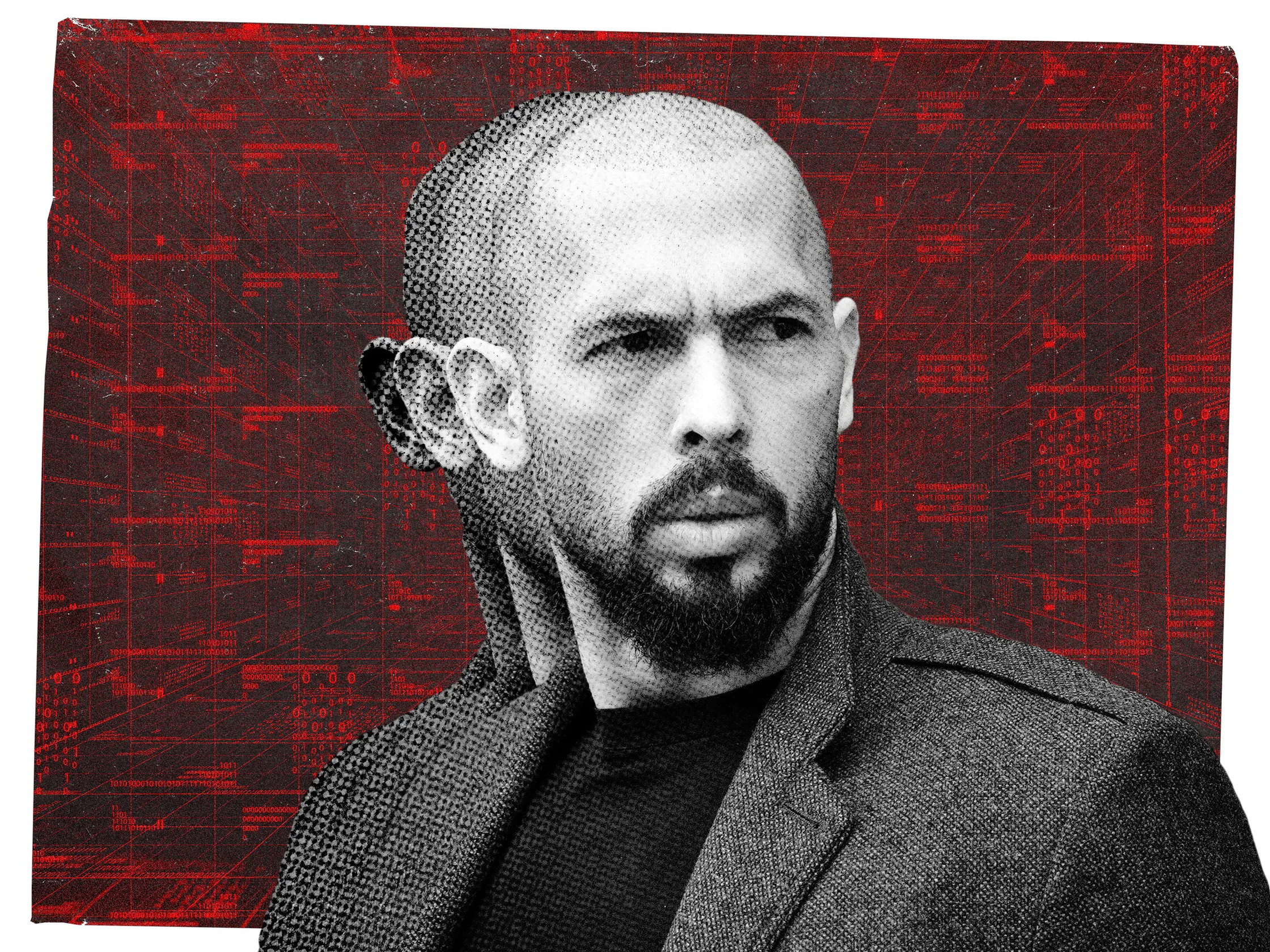
Major Cybersecurity Concerns Highlighted in Andrew Tate Hack and Undersea Cable Incident
November 25, 2024
2 minutes read
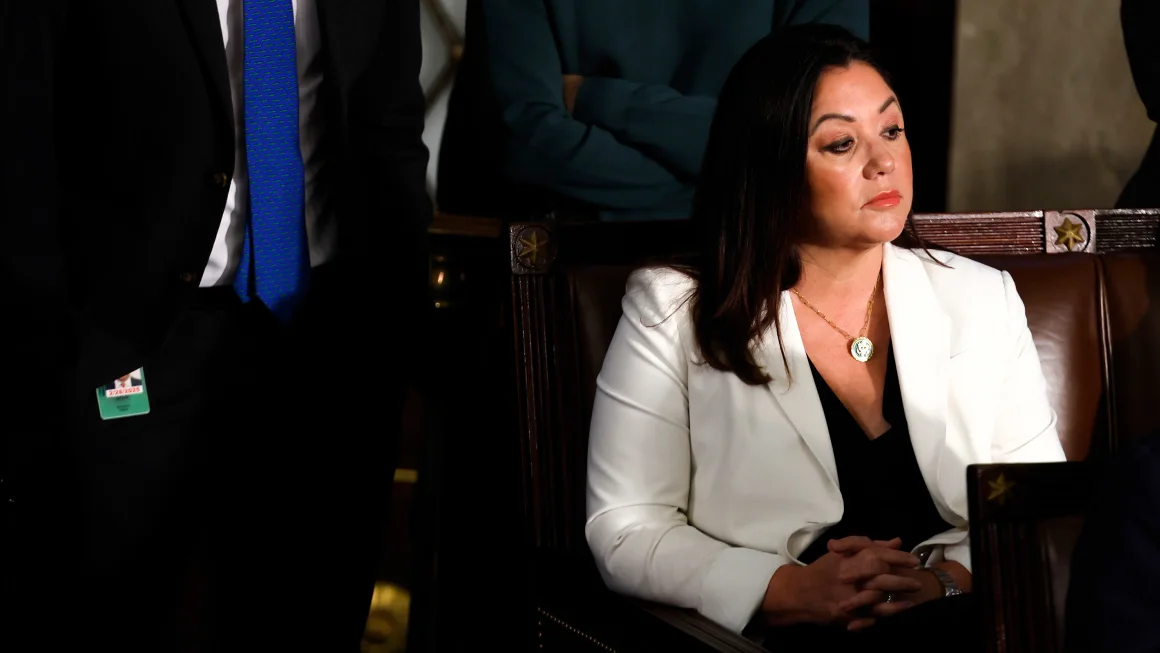
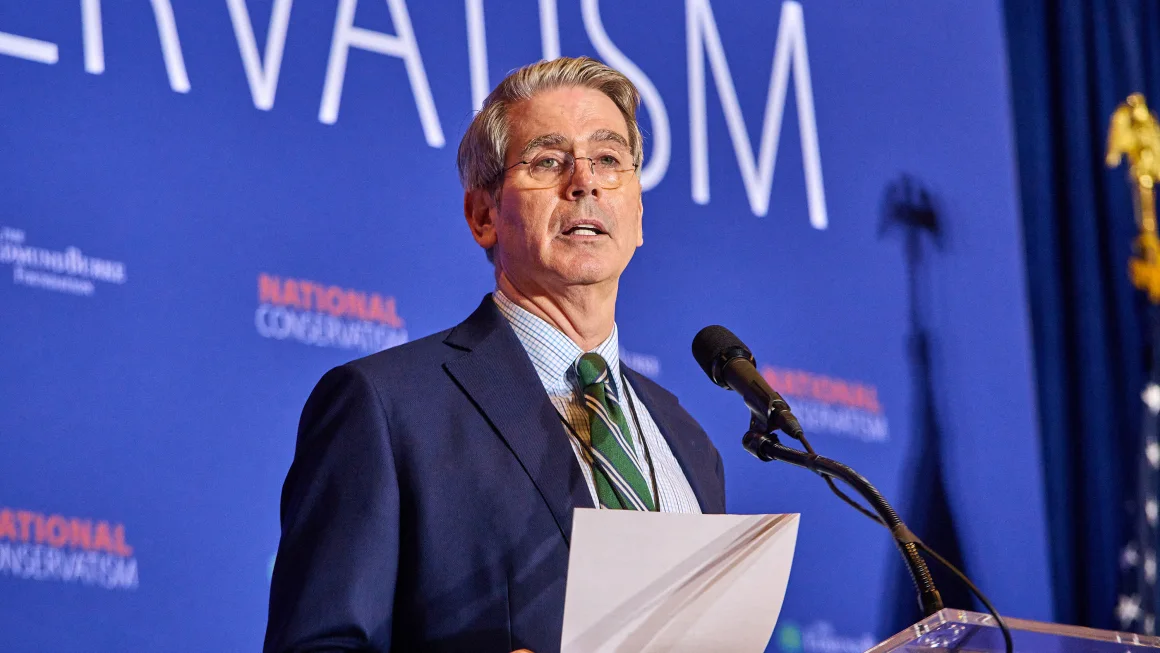
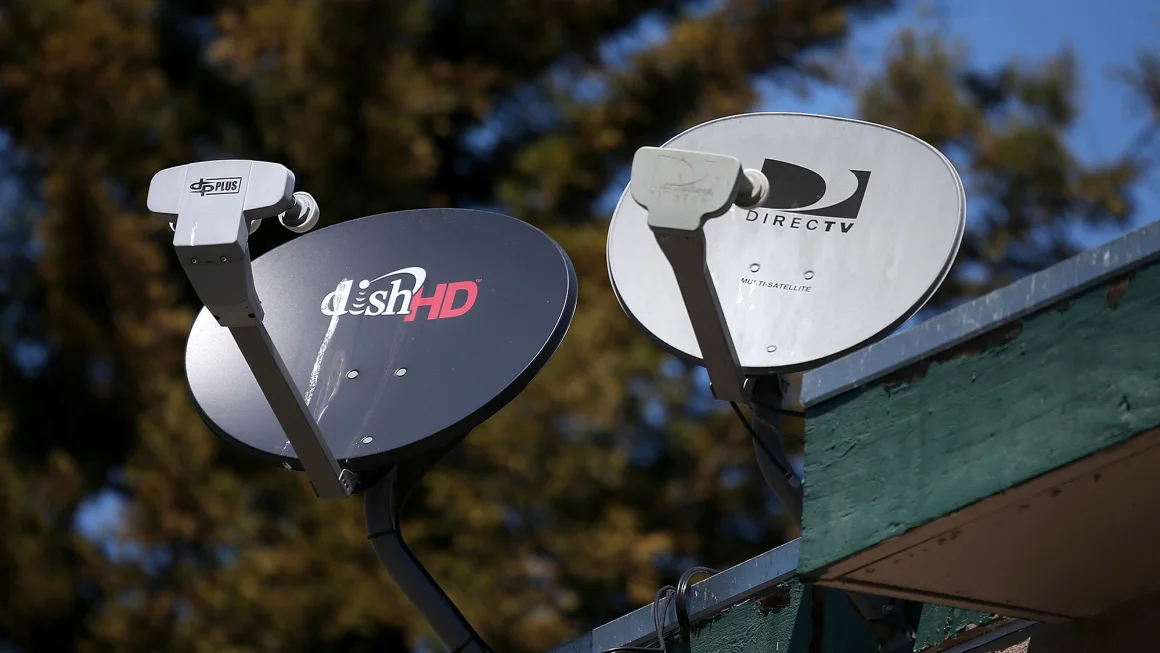
DirecTV and Dish Network Merger Cancelled Amid Regulatory and Financial Challenges
November 22, 2024
2 minutes read

Deportation Concerns Loom Over U.S. Labor Market Amid Worker Shortages
November 21, 2024
2 minutes read
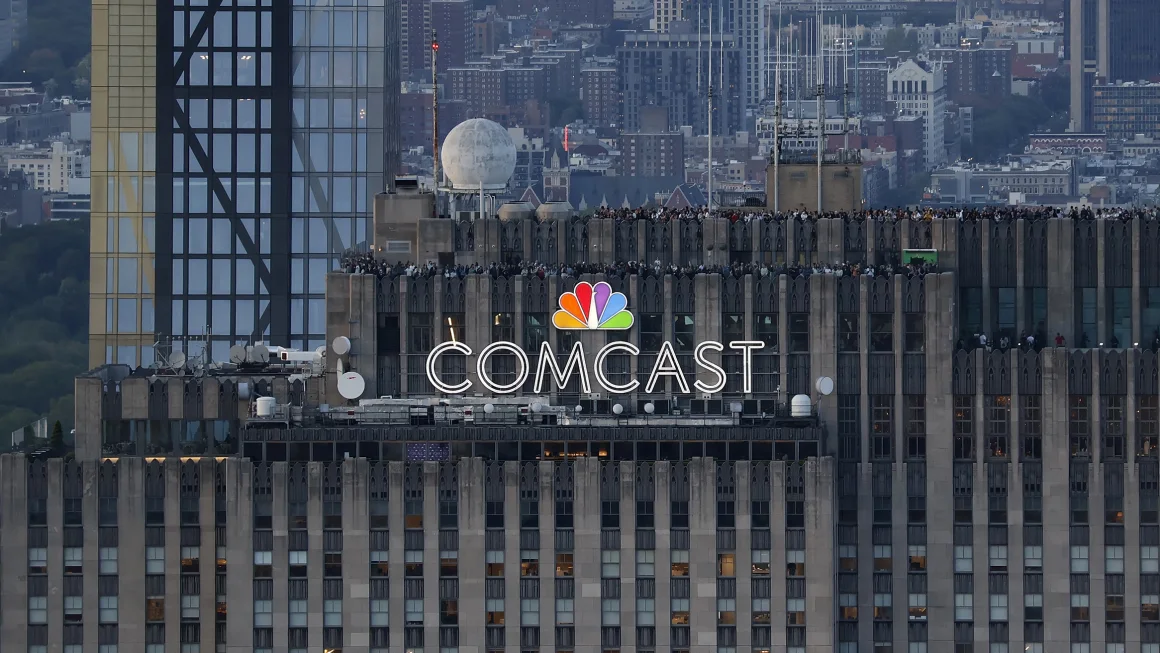
Comcast Explores Spinoff of NBCUniversal's Cable Division Amid Industry Changes
November 20, 2024
2 minutes read
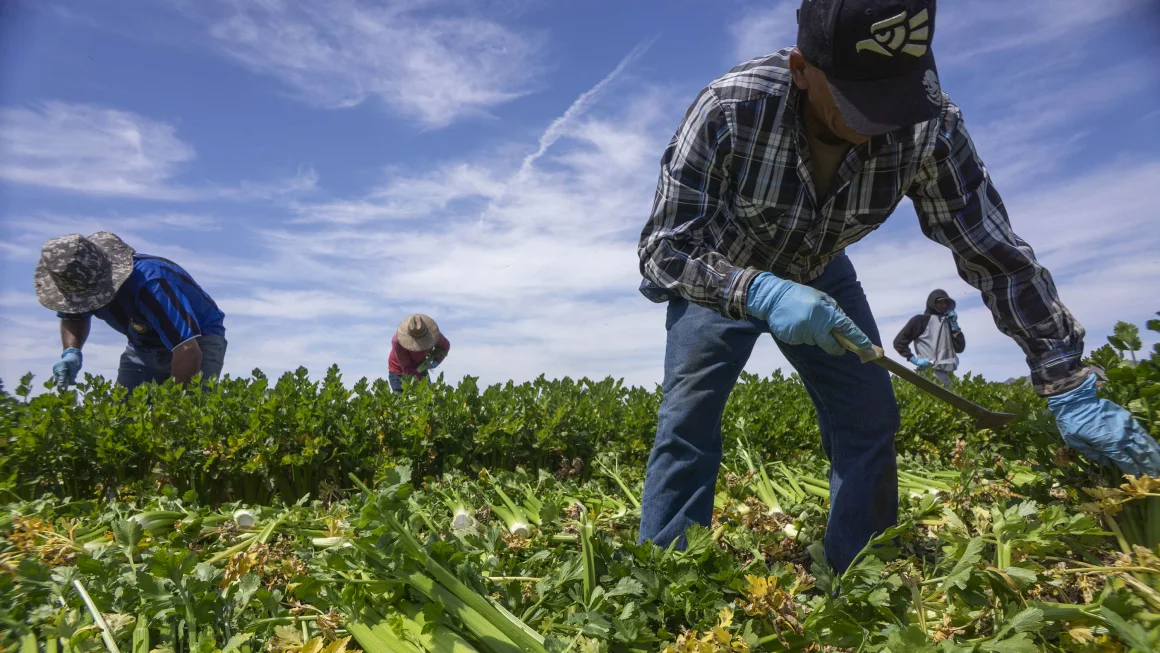
Economic Concerns Arise Over Trump’s Deportation Plan Amid Grocery Price Inflation
November 19, 2024
2 minutes read

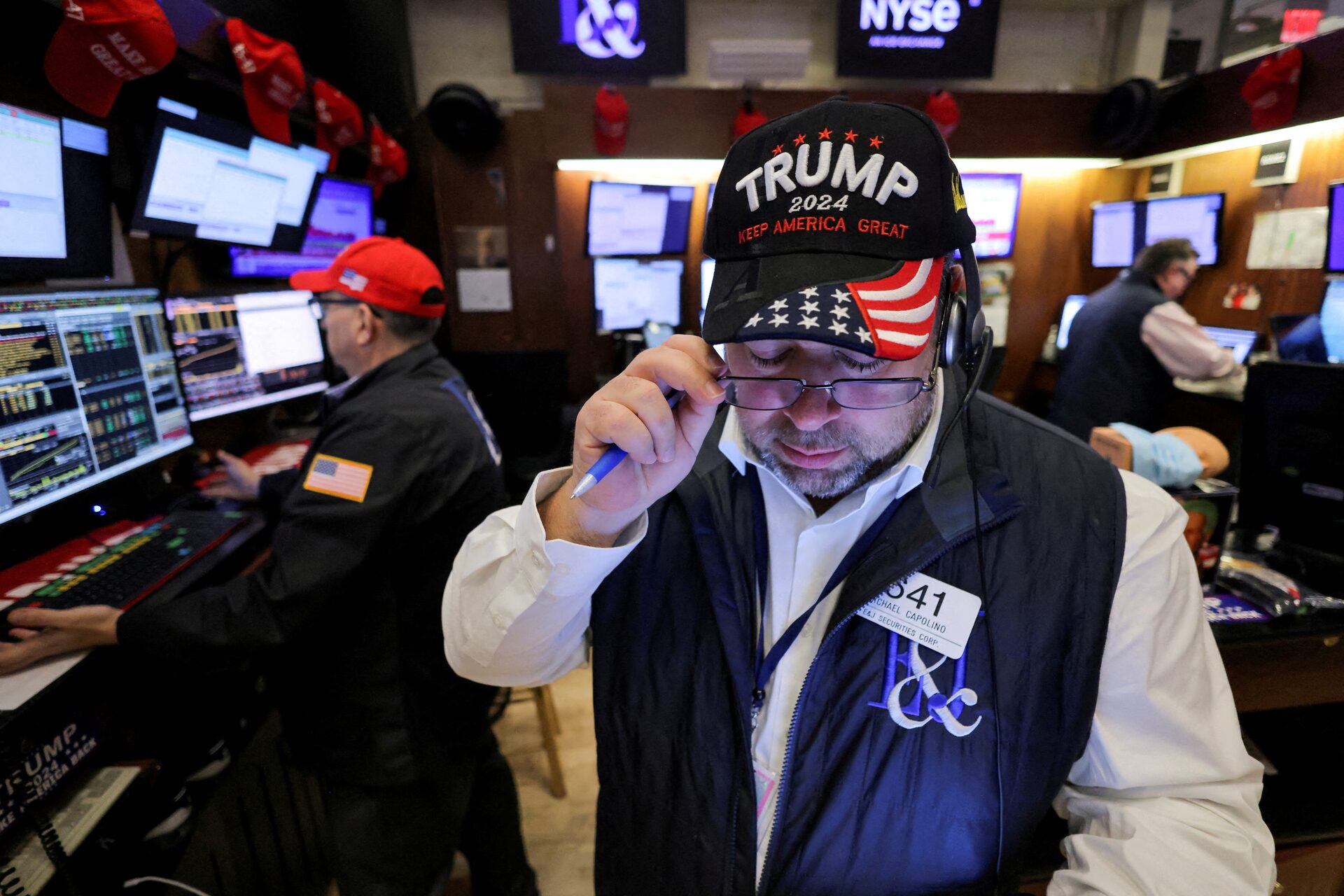
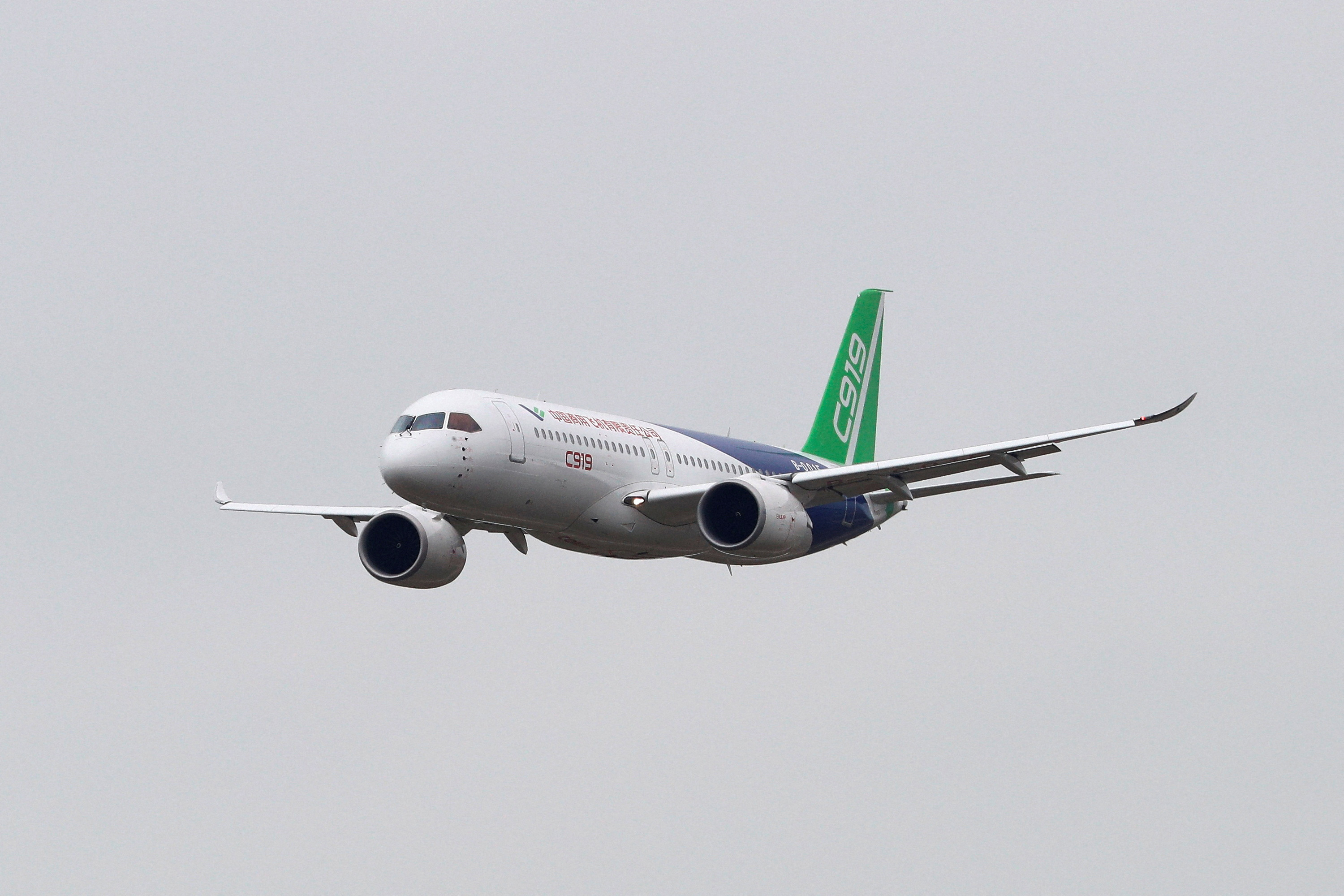
China Challenges Western Duopoly in Civil Aviation with C919 Aircraft Launch
November 17, 2024
2 minutes read

Disney’s Earnings Offer Hope for Streaming Amid Decline of Traditional TV
November 15, 2024
2 minutes read

Bluesky's User Base Doubles as Users Flee X Amid Trump Influence and Content Shifts
November 14, 2024
2 minutes read

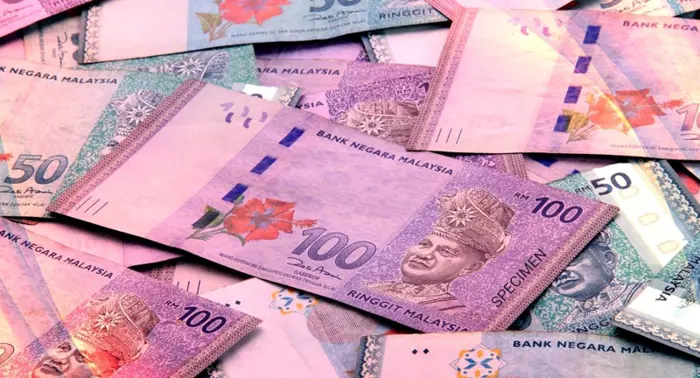
Ringgit Opens Slightly Higher Against US Dollar Ahead of Key Inflation Data
November 13, 2024
2 minutes read
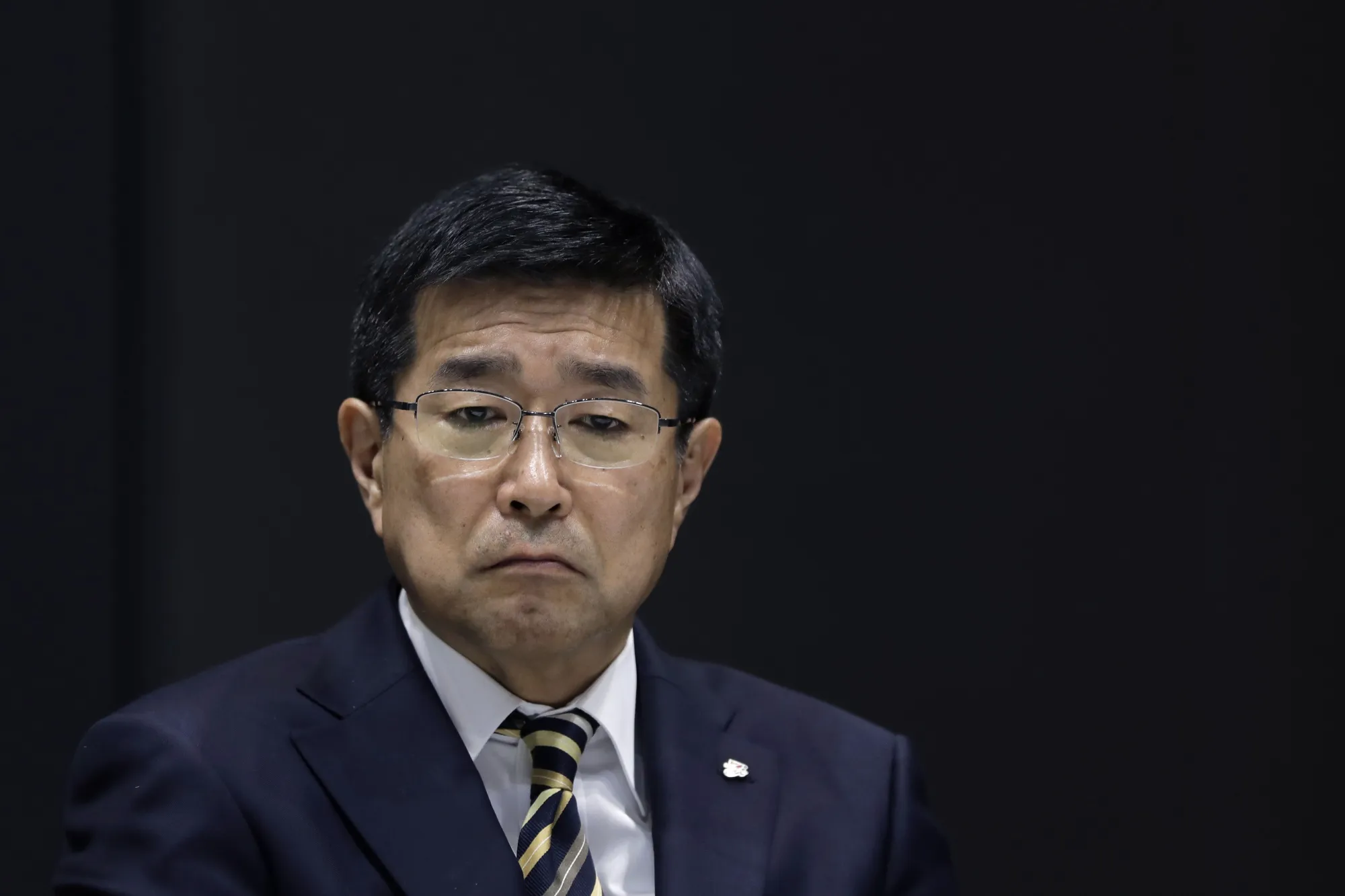
7-Eleven Owner Considers Historic $58 Billion Buyout to Go Private in Japan
November 13, 2024
2 minutes read
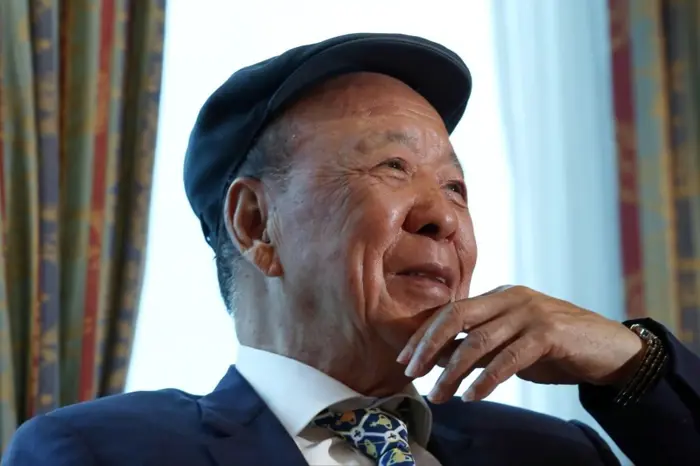

U.S. Regulators Investigate Engine Failures in 1.4 Million Honda Vehicles
November 12, 2024
1 minutes read

Woman Discovers Forgotten Lottery Ticket in Her Purse, Wins $1 Million
November 11, 2024
2 minutes read

How ReelShort CEO Joey Jia Used a Chinese Trend to Disrupt the U.S. Entertainment Industry
November 11, 2024
8 minutes read